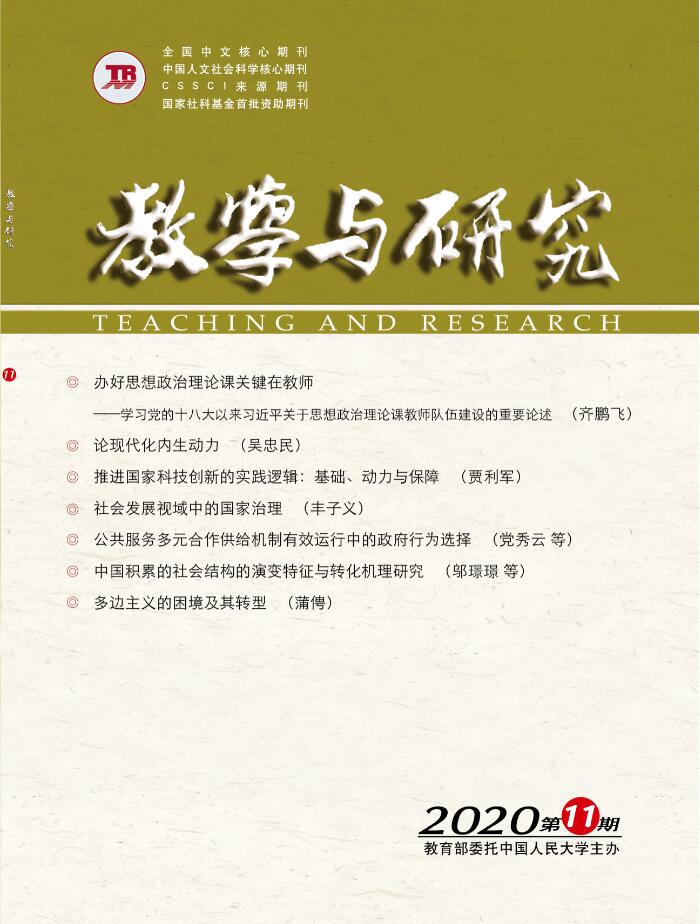Multilateralism is not only a mode of international interaction and institutional arrangement, but also a policy tool and guiding ideology of the foreign policy of sovereign States. The current multilateralism crisis is directly caused by the Trump Administration's drastic revision of its multilateral foreign policy. But deeper analysis reveals that the current multilateralism has been unable to deal with challenges of the globalization era and gradually fallen into a dilemma of marginalization. Since it has been constrained by the hegemonic country in the process of its construction and evolution. The international community is in dire need of global governance. There comes various proposals and ideas for restructuring the multilateralism system. The international decentralization has pushed multilateralism to transform into a pluralistic and multilayered network structure. In which multiple actors compete against each other with less westerncentric feature. China is willing and able to contribute its wisdom and strength to the reform of multilateralism, and to shoulder its responsibility for leading the process.



